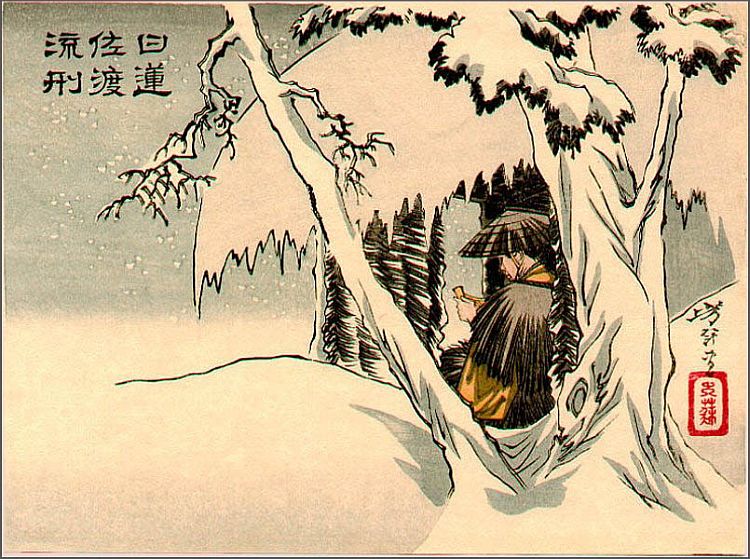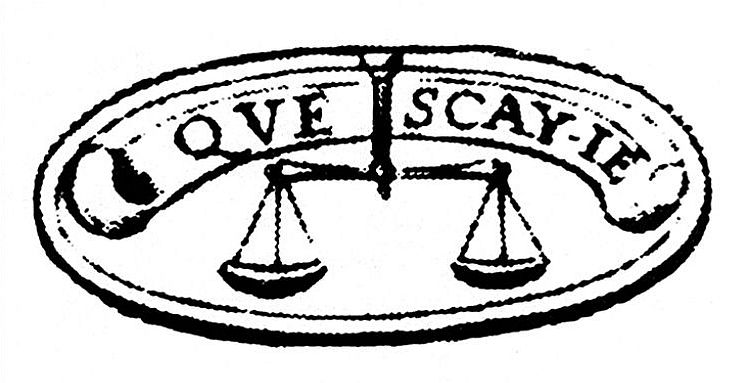Views: 90

Acronyms are useful because they help you remember things. Things that are useful and things that have outlived their usefulness. One acronym I have always found useful is K.I.S.S
Keep it Simple Stupid.
I have applied it to almost every situation I have been in.
It works for Self-Protection, Meditation, Martial arts, Engineering, Weapons Handling and Life itself.
Keeping things simple creates room in your busy brain that will allow you time to think. To re-position yourself in the world. To be aware.
It gives you time to reflect and opens you up to just being in the moment. No matter where you are, you can create space. Space to breathe and embrace life as it happens. The good, the bad and the ugly.
After all these are only your perceptions and what is bad to one person is good to another. It’s all relative, as they say! In the middle of a busy city or in the wilds of Scotland it’s your perception that creates the problem. The way you talk to yourself, the way you see and hear the world and what you feel about it.
Simplicity is a state of mind… nothing more.
There has always been talk of leading a simple life, of having little in the way of possessions and keeping life stripped down to the basics. That’s good, but I don’t think it’s the answer. I know people with nothing and they are inherently miserable. I know people with everything and they too are miserable.
I had one NLP client who said: “I’m financially rich but emotionally poor”
She thought having money was causing the problem. Well, it was her attitude and beliefs about having wealth that caused the problem. Her perception was making her unhappy. I taught her how to reframe her perceptions and now she gets more out of life and has even started sharing some of her wealth with others less fortunate.
The problem arises when these people believe that having things or not having things will bring happiness.
Let’s get rid of our cell phones and computers.
Let’s get rid of our cars and motorcycles.
Let’s dispense of materialistic possessions.
That’s all well and good, but sadly we live in a world where we are bombarded by stuff, material possessions, people, ideas and the desire for happiness. Surrounded on all sides by things, advertising encourages us to upgrade to the latest technology, fashions, cars or subscribe to current ideologies.
To think that you can be happy simply by ridding yourself of these things is a myth. Happiness is a myth. That constant search for the ideal state that exists only in your mind. Once you have “happiness” life events inevitably step in and take it away. Like clouds blown away by the wind of change.
It’s not the objects that are the problem, but our attachment to them that makes you unhappy or feeling out of balance.
I happen to like stuff. I like swords; I love books and I like ideas but over the years I have loosened my attachment to them so that when the objects, the ideas and the people move on or vanish that’s fine. That recognition that the thing you desire will be gone… including yourself… allows you to live your life in a more balanced way. To me, dropping attachment is the key to living the simple life. You can have your cake and eat it but realise that this state is subject to change and embrace it.
Once you have this realisation you begin to exist in a state of unperturbedness. The Greeks called this ataraxia and this is what the soldiers feel in the midst of the confusion of battle. It’s a state of equanimity that allows you to respond in an appropriate manner.
Recently, as many of you aware, I have also been dropping attachments to my long-held beliefs too. The liberation I felt when they vanished was palpable. Using the maxims of Pyrrhonism has helped me on this path.
Reading Robert Anton Wilson and his use of E-Prime has also been instrumental into me leading a simpler approach to life too. I intend writing something on this subject soon.
If I purchase a new book, I cherish it and enjoy it, then put it down. I know that at some point it may be gone and that’s fine too.
I know that some of my most cherished beliefs will change, and that’s OK.
Living simply does not mean clearing out everything you own. It means clearing out your attachment to these things.
For 64 years now I have seen friends adopting new beliefs, amassing large amounts of possessions only to be distraught when they have gone.
I know someone who went to Sikkim to get away from the world but sadly took their problems with them. The solitude only heightened her sense of panic and she returned with a realisation that wherever you are, you are simply here, wherever you are. With or without attachments.
It’s that simple… Really.
Keep your perceptions in check. Embrace whatever is happening for you… Now.
Loosen your grip on your attachment and the normal reactions you have will cease, to be replaced by a simpler way of looking at the world.
Things become clearer and you don’t have to run away to feel good.
You can feel good for no fucking reason and remember that “Beliefs are the Chains of the Free”.
Even that belief!
You can always find your balance with whatever you have or wherever you are.
In the words of the great Zen Poet Ryokan:
Don’t say my hut has nothing to offer
come and I will share with you
the cool breeze that fills my window
Ryokan (1758-1831)
Ryokan was known as the “Great Fool” and lived very simply in a one window hut surrounded by bamboo. He got his water from a spring and invited people to join him.
My book “Beyond Beliefs” is coming along well, and I may publish some excerpts soon.
